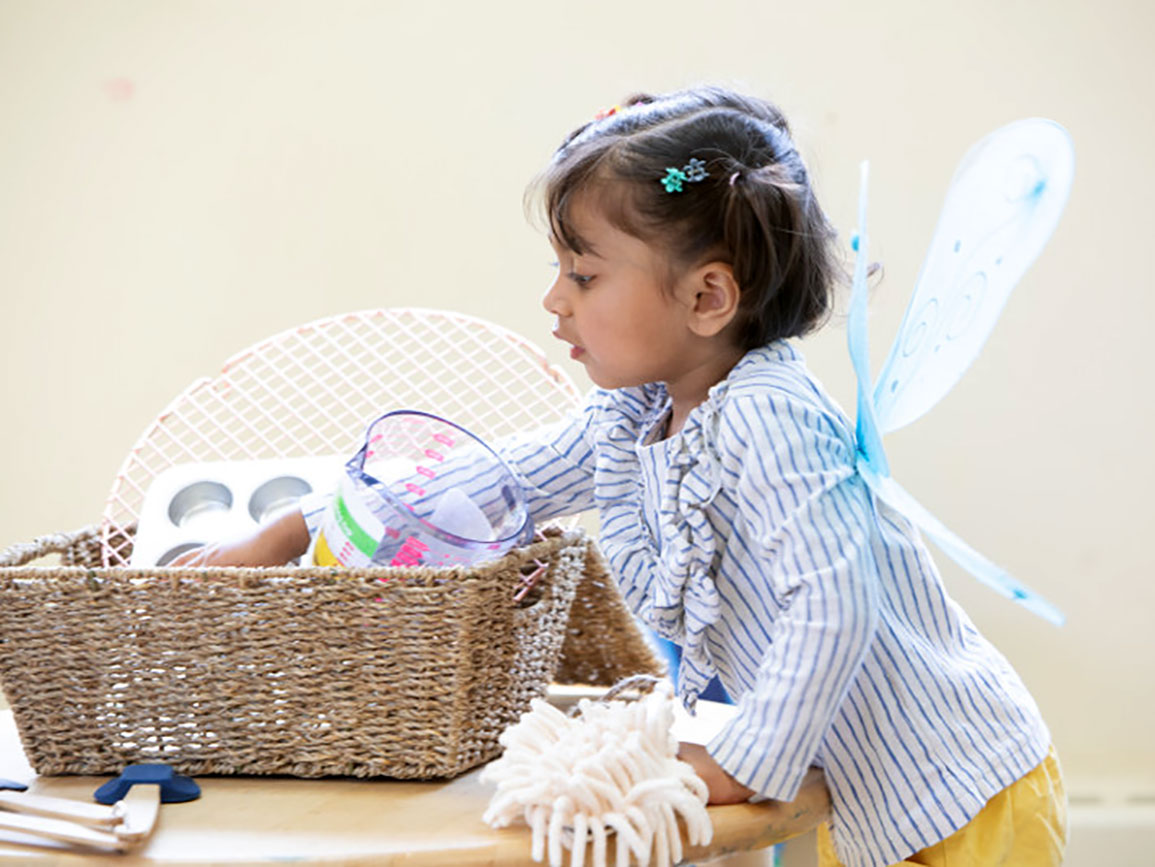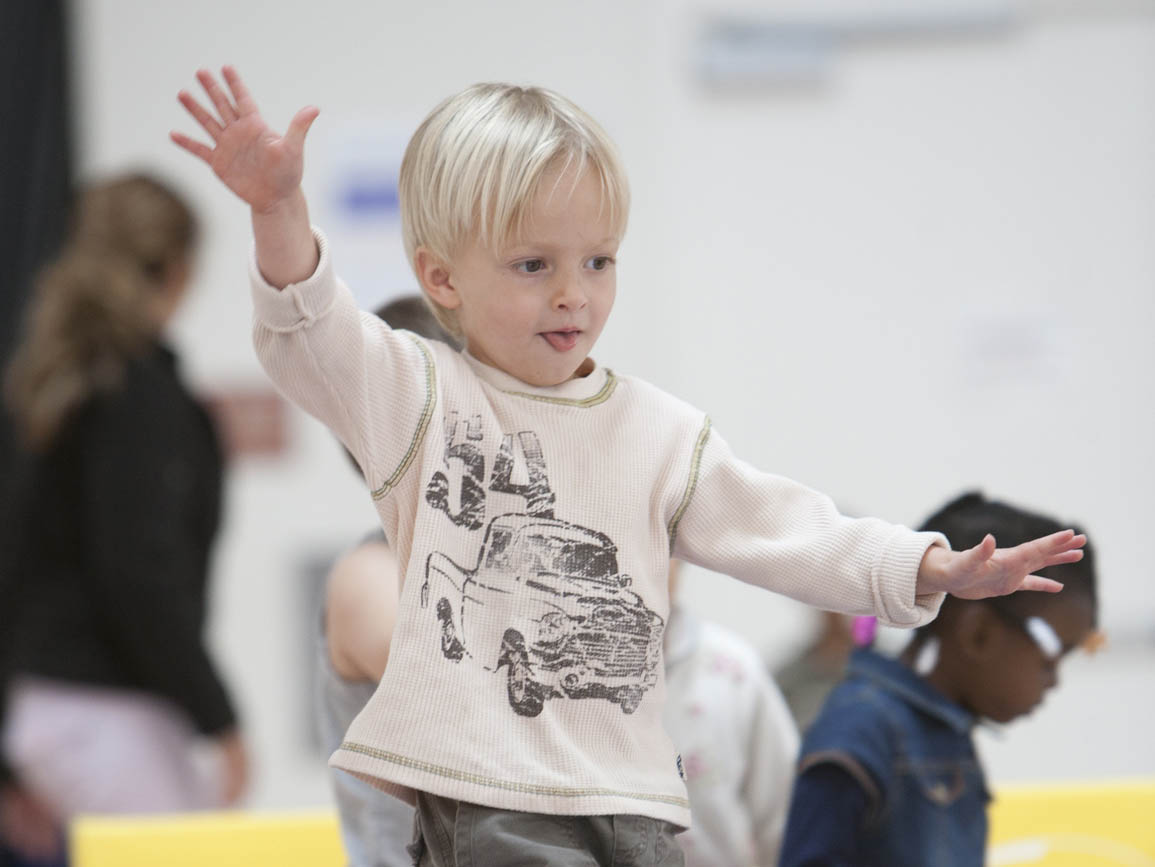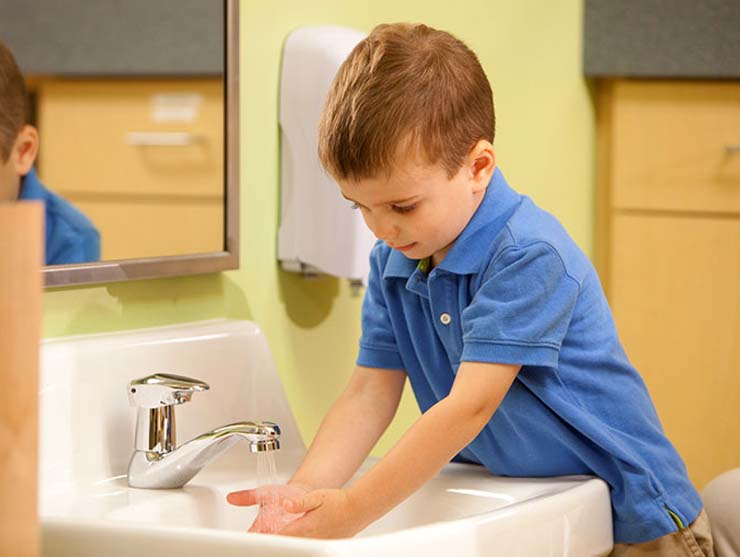For thousands of years, play has been a childhood tradition. Unregulated and unstructured, it has passed from generation to generation. Even during periods of immense challenge, such as the Great Depression and World War II Nazi Germany, children found ways to be playful, writes psychologist and researcher Joe L. Frost in “A History of Children’s Play and Play Environments.” But he warns that in the face of too many structured activities, loss of outdoor areas, excessive screen time, and increased academic pressure, this age-old tradition is fading.
“Now, for the first time in history,” he writes, “the children of entire industrialized nations, especially American children, are losing their natural outdoor grounds for play and forgetting how to engage in free, spontaneous … play. The consequences are profound.”
The Benefits of Play
"Play is something done for its own sake," says psychiatrist Stuart Brown, author of “Play,” He writes: “It’s voluntary, it’s pleasurable, it offers a sense of engagement, it takes you out of time. And the act itself is more important than the outcome.”
With this definition in mind, it’s easy to recognize play’s potential benefits. Play nurtures relationships with oneself and others. It relieves stress and increases happiness. It builds feelings of empathy, creativity, and collaboration. It supports the growth of sturdiness and grit. When children are deprived of opportunities for play, their development can be significantly impaired.
Play is so important that NAEYC has called it a central component in developmentally appropriate practice, and the United Nations High Commission on Human Rights declared it a fundamental right of every child. Play is not frivolous. It is not something to do after the “real work” is done. Play is the real work of childhood. Through it, children have their best chance for becoming whole, happy adults.
What Children Learn Through Play
We believe that play is the primary vehicle for optimal growth in childhood. Below are just some of the ways children learn through play:
- When children play, they are developing skills in all areas of development: cognitive, physical, communication, and social/emotional. They practice and reinforce these skills in a way that can’t be achieved through worksheets or screen time.
- Play promotes healthy habits by actively engaging children in the world around them. This counteracts issues many children face today, such as childhood obesity.
- Play is a natural stress reliever, and an outlet that allows children to work through their anxiety and fears.
- Play allows children to test out new ideas and make connections between their previous experiences and their active investigations.
- Children make their own decisions during play; they begin to make connections between their choices and the natural consequences of those choices.
- Play supports the development of self-control which is critical for success later in life. Children play because they have a deep desire to understand the world. Play allows opportunities for them to regulate their feelings, delay gratification, and negotiate with others, all important aspects of developing self-control, a 21st century skill.
- The spontaneity of play promotes risk-taking as children interact with materials and their environment. The sense of the unknown helps children develop mental flexibility and executive function.
- Play helps children develop mindfulness as well as feel safe and secure to try new ideas and experiment. As children become engrossed in play, they suspend awareness of time and space, becoming fully present in the task at hand.
Parenting Tips for Encouraging Rich Play
Children need open-ended, unscheduled times to explore and discover.
Learning happens most effectively with open-ended materials that can be used in multiple ways to nurture creativity in children. Try hands-on materials like blocks, sand, water, dirt, child-sized wheelbarrows, small shovels, ramps, balls, and so on. Sometimes the purpose of the object for children’s play is clear (like a doll is for holding and pretending to be a parent). Sometimes the purpose of the object for play time only becomes clear in the child's creative hands—a stick could become a magic wand, the pole for a flag, something to stir with, or a pointer to show which way to go.
Child’s play time can be enhanced by the presence of a caring adult.
Set aside an hour as often as you can to spend some quality play time with your child and do exactly what he or she wants to do. Let your child lead the play time and you follow. That means if your child wants you to sit in the sandbox with her, you do it. Or if he wants you to play the baby and he plays the mommy, you do it. Your presence enables another level of meaningful play to happen. Your child may use your attention to figure out a tough situation with a friend, re-enact a doctor’s visit, or try something new and challenging, like walking on a balance beam.
You may also want to help guide your child’s play while on a play date or at the playground. You can coach your child, “I see you looking at Aiden. Should we go over and ask if he’d like to climb with us?”
Children’s play is a rich opportunity for your child’s development, like learning new concepts and how to interact with others. Adults can follow a child’s lead or offer gentle guidance, but play is at its richest when children are in charge.
Teach. Play. Love. Episode 4: Say Yes to Play
On this episode, Rachel Robertson, Bright Horizons education and development vice president, and new mom Amanda, discuss the importance of play. Find out why play is the key to healthy child development—and get new ideas you can use to engage your child in playful ways throughout the day.




